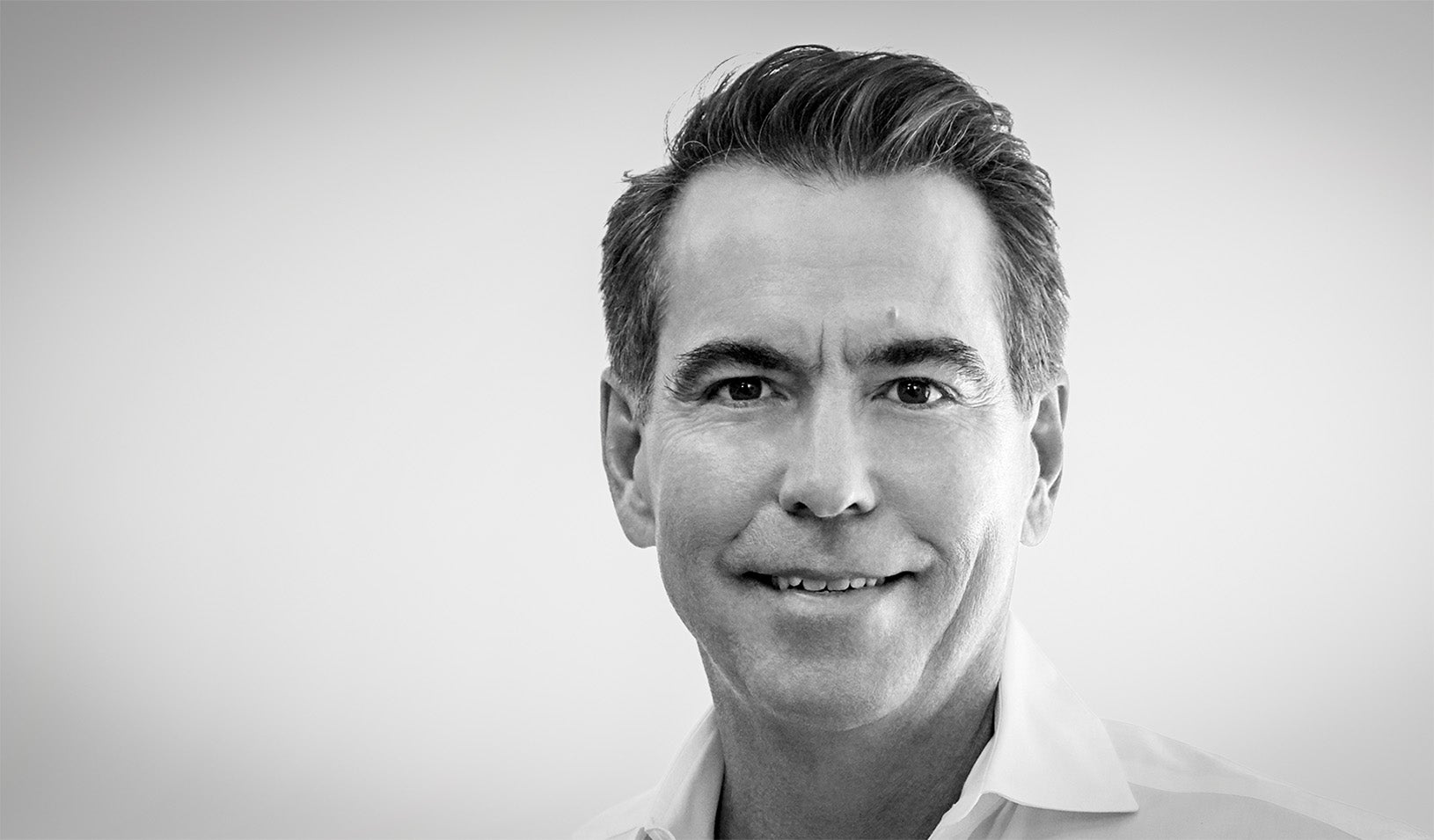January 01, 2009
| by Joyce RoutsonHaving survived the banking industry meltdown hasn’t soured Jamie Dimon, JP Morgan Chase & Co. CEO, on taking risks. In fact Dimon, who has been lauded for steering the company away from toxic securities that brought down competitors like Lehman Brothers, told a Stanford GSB audience that he’s made plenty of mistakes.
“We’ve made the same dumb mistakes, — just smaller and less of them,” Dimon said.
Some in the media have showered praise on the dynamic Dimon for his straight-talking management style that guided the company relatively unscathed through last year’s financial crisis. With plenty of capital, and less exposure to the subprime mortgage market, JPMorgan acquired Bear Stearns for a discount in a deal with the government, and also bought Washington Mutual Inc.
That doesn’t mean that he is risk-averse, though, Dimon said during a “View From The Top” speech to students Jan. 13. “I’ve been a conservative manager, but that doesn’t mean I don’t take risks. We knew that taking on Bear Stearns was a massive amount of risk.” By its nature, business is a risk, he said, but risks have to be taken in the best interest of clients.
In the question-and-answer session that could have been subtitled, “Jamie Dimon’s Leadership Lessons,” the 52-year-old executive said risk-taking has to be calculated: “You’ve got to decide what you want to do and what happens if it goes wrong,” he said. Any CEO worth his salary knows, “The business takes place in the detail, not the corporate headquarters.”
Speaking of those who occupy HQ offices, Dimon criticized the excessive bonuses of some top execs, but cautioned that moves to regulate executive compensation are wrong.
“One of the truths is that a lot of people were paid a lot of money at companies that blew up or failed,” he said. Dimon, along with several other top financial services executives, reportedly has declined his 2008 JPMorgan Chase bonus, as he had done years before as CEO of Bank One Corporation.
But he cautioned that CEOs should be paid fairly for their years of experience, and that their salaries should reflect the attitude from the hiring corporation: “That we think you’re so good that you’re allowed to take risks.”
The experience of having to lay off 10,000 people at Bank One in his first CEO job taught him a valuable lesson, Dimon said. That year he withheld bonuses from himself and other top execs, and cut club memberships, travel and other perks. “If you are the captain of the ship, you should pay the price,” he said. “Part of being a leader is setting the standards of integrity and performance.”
Dimon’s career included senior executive positions at Citigroup Inc. previous to being appointed chairman and CEO of Bank One in 2000. He became president and chief operating officer of JPMorgan Chase after the merger with Bank One in 2004 and was named chief executive in 2005 and chairman in 2006.
Along the way, he said, he learned that being effective in the top job has less to do with brains than with other less tangible skills. “It’s not how smart you are,” he said, “or even your communication skills. It’s your clarity of thinking, your work ethic and your effectiveness. Those are management traits that are non-negotiable — if you don’t have them you will fail.”
Asked about the future of the financial services industry, Dimon acknowledged that players will be under tougher scrutiny from regulators. But he said regulation, or lack of it, wasn’t totally to blame for the financial crisis.
“Some hugely regulated entities blew up and some non-regulated survived. It’s not clear how regulation would have made a difference.” But the government needed to step in to avert what could have been a disastrous scenario, because the industry was so interconnected.
“I hope we’ll see rational, thoughtful, meaningful change,” Dimon said. “We’ve had cardiac arrest, and we’re healing.” While he noted that lending pressures are easing — the firm has loaned more than $100 billion over the past several months — he’s cautioned his stockholders to prepare for lower fourth-quarter earnings. He added he doesn’t seek a quick end to the depression and predicted the unemployment rate could climb to 11-to-12 percent over the next two years. U.S. unemployment hit a 15-year high of 7.2 percent in December.
The “View From The Top” speakers series is organized through the School’s Center for Leadership Development and Research.
For media inquiries, visit the Newsroom.






